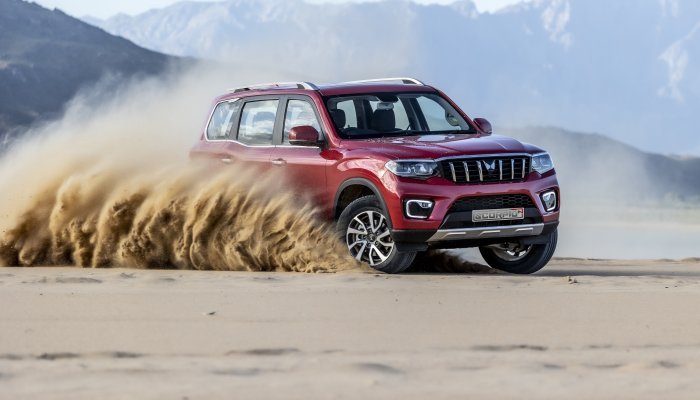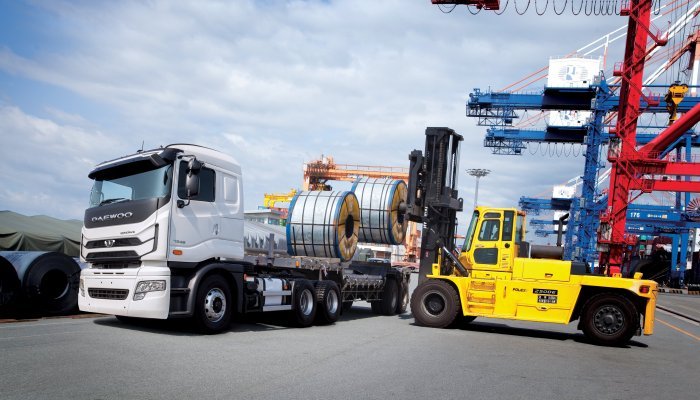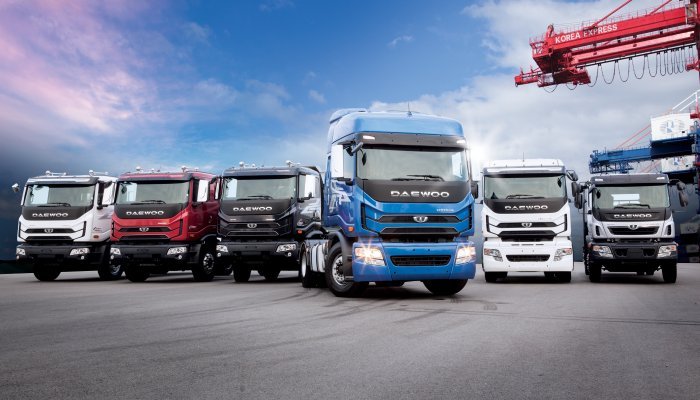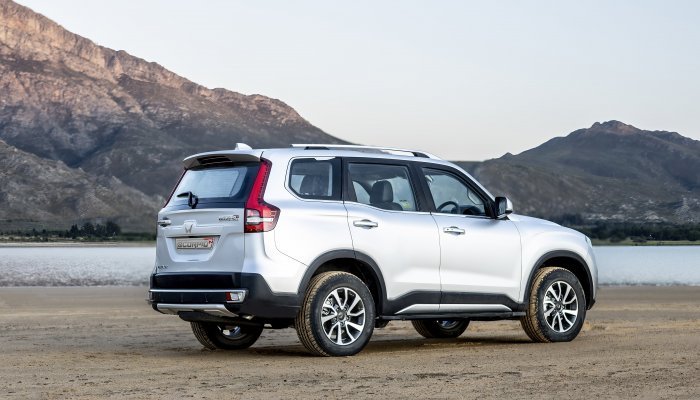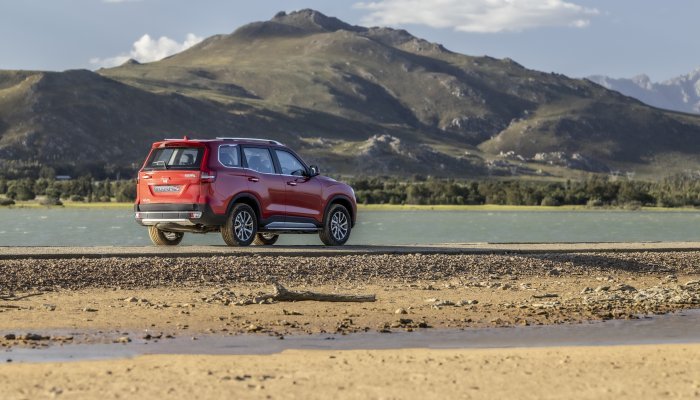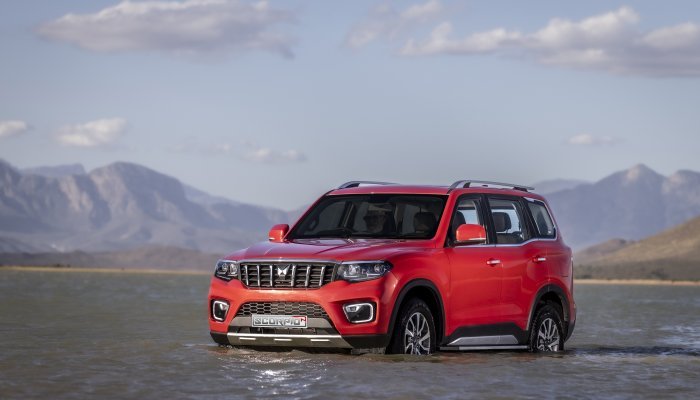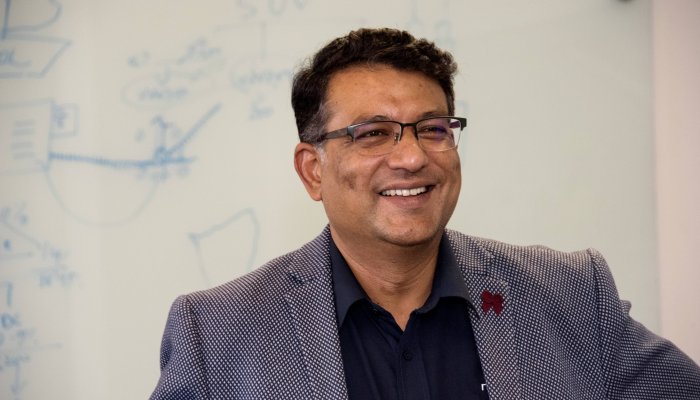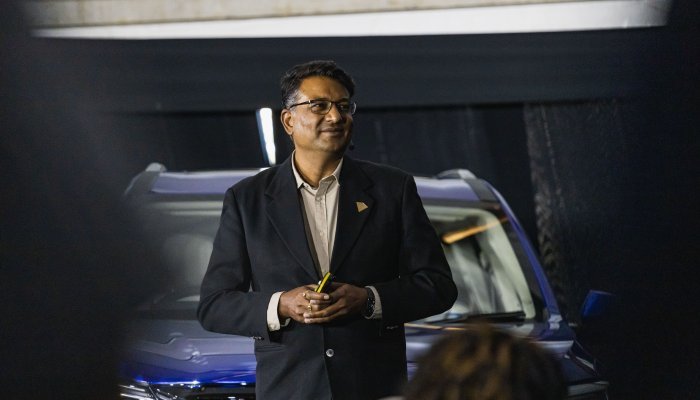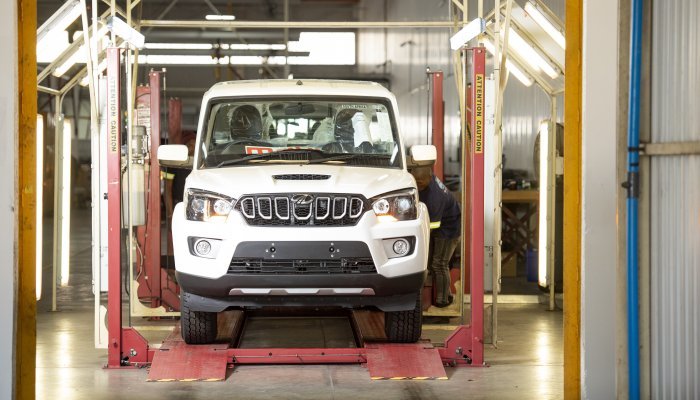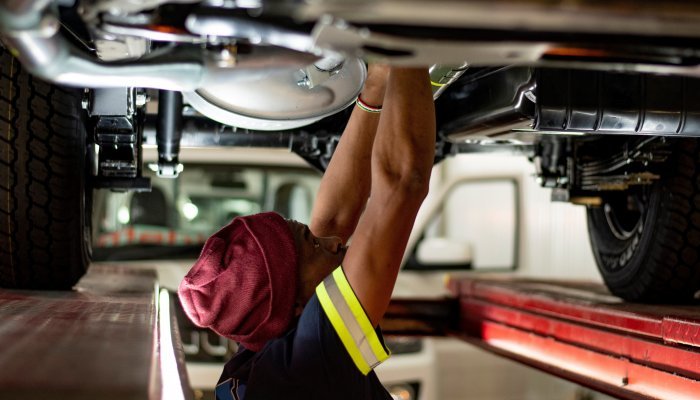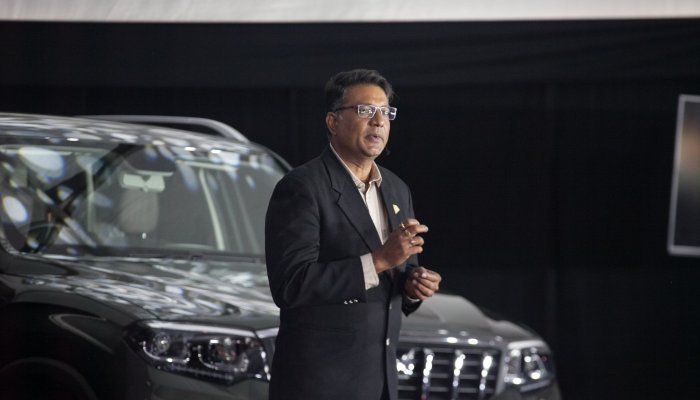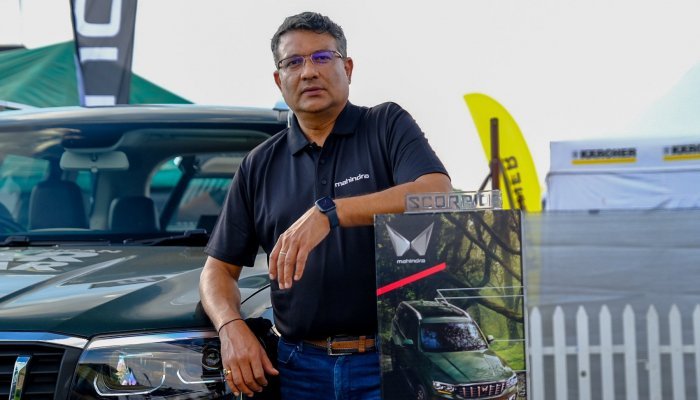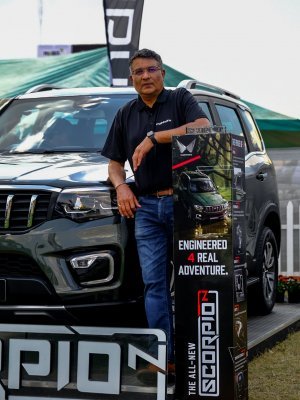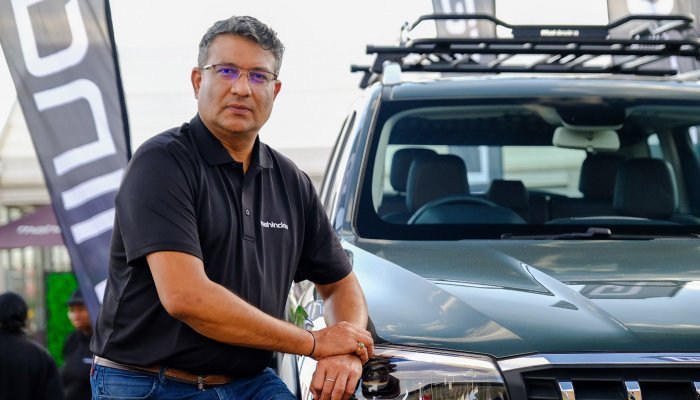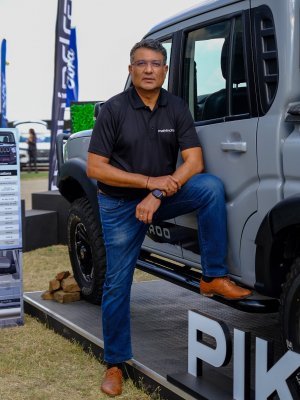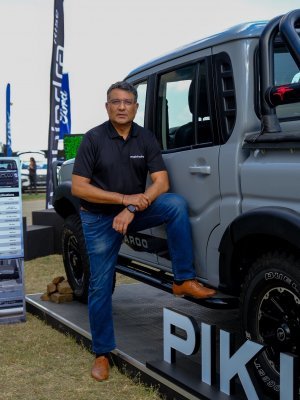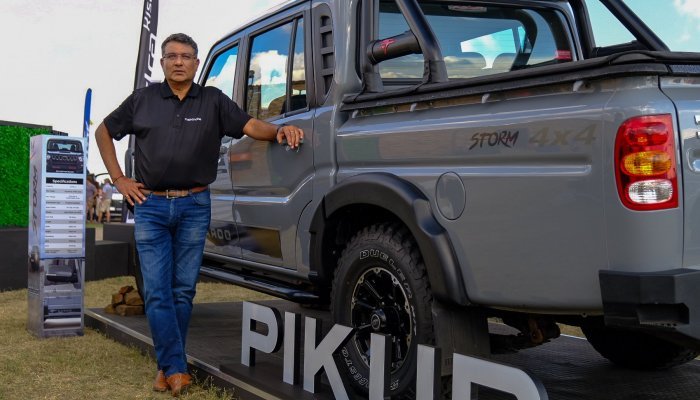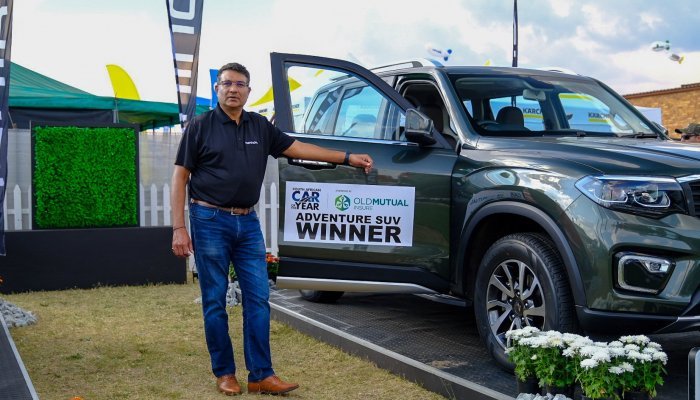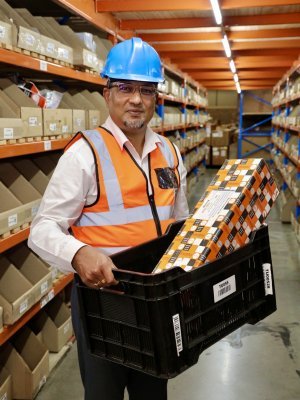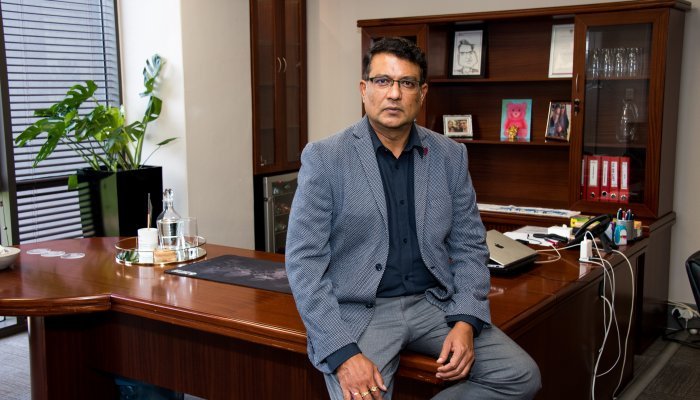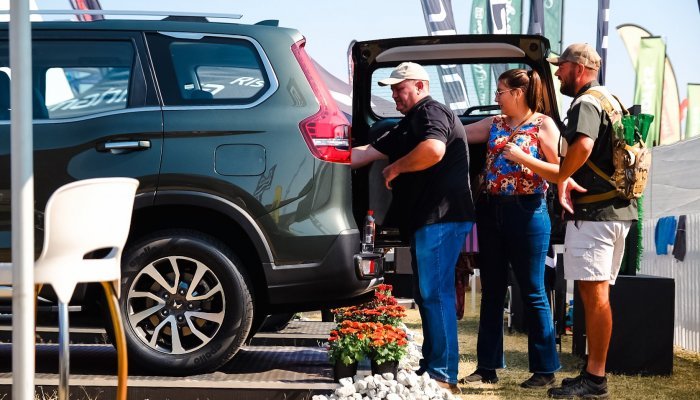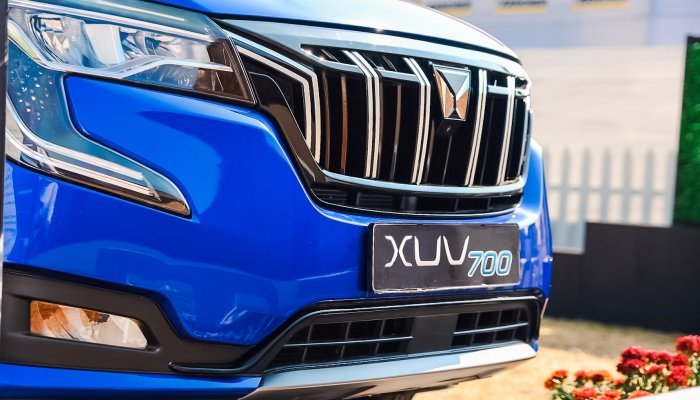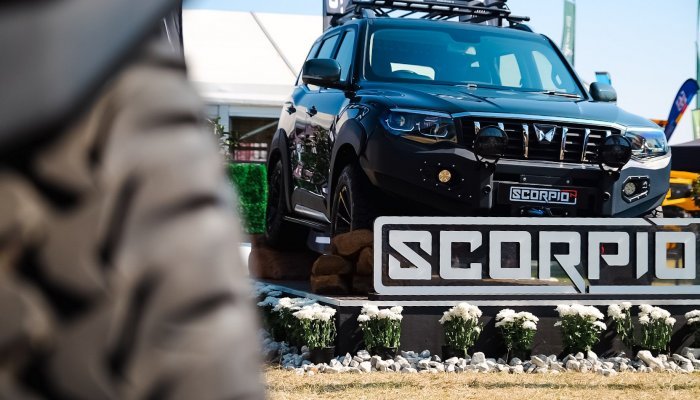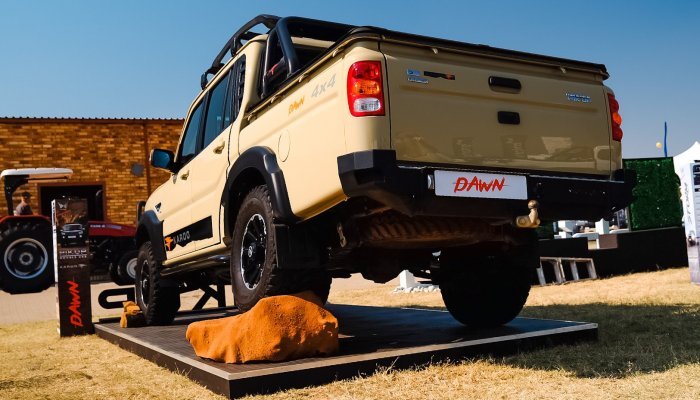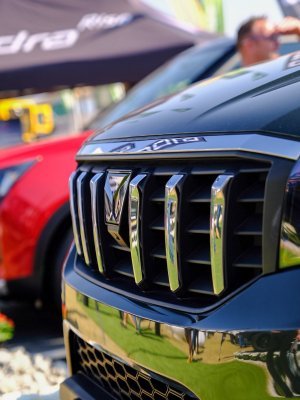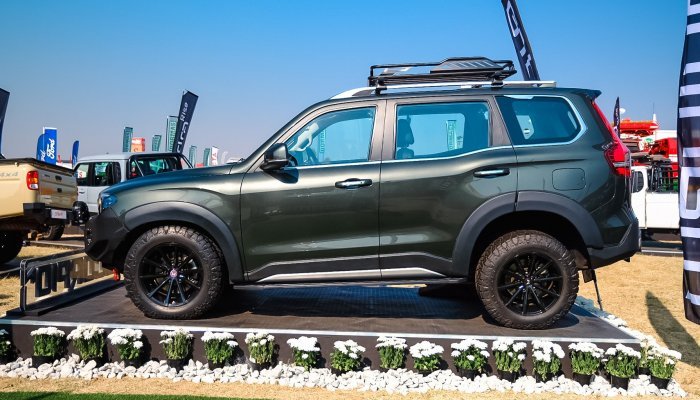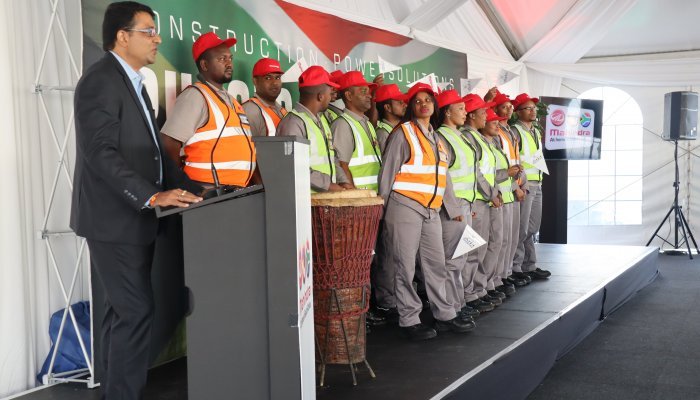Earlier this year, Japanese car brand Toyota released statistics showing the extent to which Indian automotive brands dominate the South African market. From a 28% market share in 2019, by 2023 “42% of all passenger cars sold in South Africa were imported from India”, reported IOL. In addition, Indian brands accounted for 75% of all passenger cars sold at the lower end of the market (R300 000 or less).
“It is a matter of pride to see that ‘Made in India’ automotive companies play an important role in South Africa’s economy,” says Mahesh Kumar, India’s Consul General. “At the same time, it is a delight to see that some of the famous Indian-origin brands are doing phenomenally well in this part of the world. Some Indian-origin brands have a good market presence here and do very well.”
Kumar adds, “While none of the Indian companies are manufacturing here – most of them import – the deeper integration of Indian companies in the manufacturing space has started appearing, as a few companies are actively participating by having dedicated and state-of-the-art ‘semi-knocked down’ assembly plants in South Africa. This means South Africa adds a lot of value in assembly – and the incentives increase the more value you add and move towards integrated deeper manufacturing with increased local content.”
Indian automakers assembling vehicles in South Africa can benefit from exporting to other markets. If they attain a certain level of local content-sourcing, they can also leverage existing USA exports covered by the African Growth and Opportunities Act and the South Africa-European Union free-trade agreement.
For Kumar, another emerging opportunity for Indian automakers operating in South Africa is the rise of electric vehicles. From 2035, the sale of internal combustion vehicles will be banned in many of South Africa’s existing trade partners, like the UK. “There is also a big push towards electric vehicles in India,” he says, noting how the likes of Mahindra & Mahindra are moving into this space and “looking to do some manufacturing in South Africa since the parts in an electric vehicle are less than an internal combustion engine”.
The big names
Currently, the Indian automaker making major inroads into the South African market is Mahindra South Africa, a wholly owned subsidiary of Mahindra & Mahindra India. Mahindra South Africa has dealers in all nine provinces, as well as other Southern African Development Community countries, and can provide sales, service, and spare parts. In 2022, the National Association of Automobile Manufacturers of South Africa named Mahindra South Africa the country’s fastest-growing vehicle brand.
To top off this accolade, in May 2024 the Mahindra Scorpio-N walked away with the Adventure SUV of the Year Award at the 2024 Old Mutual Insure South African Car of the Year Competition, beating 18 other finalists.
For Rajesh Gupta, CEO of Mahindra South Africa, this achievement is all the sweeter as the company celebrates 20 years in South Africa this year. Mahindra’s entry into South Africa in 2004 was eight years behind fellow Indian brand Tata Motors, which continues to sell and service Tata trucks and Daewoo trucks in South Africa, as well as neighbouring Botswana, Namibia, and Eswatini.
From a small after-sales service network, Tata Motors has expanded to 91 touchpoints ranging from workshops and dealerships to on-site assistance, says Harneet Luther, CEO of Tata Motors SA (Pty). The company offers “nearly 40 different product variants across sub-Saharan Africa. In South Africa, our range includes products with four-tonne, six-tonne and eight-tonne payload capacities, as well as tippers and truck tractors,” Luther notes.
Today, Tata Motors has a brand presence in 12 countries across sub-Saharan Africa, and additional exposure to six further countries through its channel partners. Over the years, this footprint has enabled Tata Motors to “successfully deploy nearly 30 000 trucks and buses across SACU [Southern African Customs Union] countries”. Luther adds, “Our strategic growth initiatives underscore the significance of the South African market, as evidenced by our robust presence. With our own assembly operations in South Africa complementing our extensive distribution network and captive retail finance offering, we solidify our commitment to this market. This multifaceted approach not only amplifies our operational capabilities but also underscores our dedication to meeting the diverse needs of our customer base.”
Counting the successes
Like Tata Motors, which started its assembly operations in 2011, Mahindra counts the establishment of a South African assembly facility in 2018 as a notable milestone. In 2019, Mahindra also opened a special fitment centre in Kempton Park that “gives the ability to build special-edition models on local soil”, explains Gupta. The move into the light commercial vehicle market was another game-changer for Mahindra, as was the unveiling of the group’s “new global bakkie and BE [Born Electric] range of all-electric vehicles” at the 2023 Mahindra Global Roadshow in Cape Town.
On the business side, Gupta explains that South Africa is regarded as Mahindra & Mahindra’s “second home outside India… the company has a long-term strategy for South Africa and Africa and uses its base here as the hub for further expansion”.
To further support that statement, Gupta explains that Mahindra has invested in a local vehicle assembly facility in Durban for its range of Pik Up bakkies. Additional investments made over the past five years include establishing a technical and sales training centre in Centurion and doubling the size of its parts distribution capacity by opening a new centre from which “Mahindra delivers parts and components to its more than 90 dealers in South Africa”.
Both Gupta and Luther are cautious about revealing their future strategic plans, although Luther does stress, “We remain committed to contributing positively to the South African economy and community through our ongoing investments and initiatives.” Already, adds Luther, Tata Motors’ operations and collaborations “have created direct and indirect employment opportunities for over 500 individuals, contributing significantly to the local economies”.
Gupta, meanwhile, hints at some exciting projects on the boil at Mahindra, “We have a long-term strategy with major expansion goals – especially with future products in mind.”
Like other Indian automakers, Mahindra looks beyond the issues associated with operating in South Africa and accepts that “each country has its challenges”. As long as the intention is to grow and improve, Mahindra sees a future in a country that Gupta describes as being “a warm and welcoming place [in which] I, along with my colleagues from India who are stationed in South Africa, enjoy our time on a professional and personal level”.
As South Africans become more accepting of Indian products and services, Gupta believes even more opportunities for partnerships and expanded networks will emerge. Luther agrees. “In South Africa and India alike, we envision numerous opportunities for mutually beneficial co-operation,” says Luther. “Whether through joint ventures, strategic partnerships, or knowledge exchange programmes, we believe there’s immense potential to leverage our collective strengths and experiences to drive innovation, foster economic growth, and address shared challenges.”
Feeding the machine
Jimish Desai, head of new project development at Motherson Automotive Technologies in India, was based in South Africa for three years between 2016 and 2018 as head of marketing. This was in the early days of Motherson Sumi’s operations in South Africa, which began around 2012-13.
Desai recalls that the company started in Rosslyn, Pretoria. Rosslyn, of course, is home to BMW’s state-of-the-art vehicle production plant, which currently produces the sixth generation of the popular 3 Series. More than 85% of all BMW 3 Series vehicles produced in Rosslyn are destined for export to markets such as the USA, Japan, Australia, and greater Africa.
Today, Motherson Sumi manufactures injection-moulded parts as well as assembling imported components at its factory in Durban and two plants in Rosslyn. The Rosslyn expansion dates back to a 2011 joint venture with South African company Vacuform, which now supplies a range of products such as vacuum-formed body kits, blow-moulded bus seats, and injection-moulded window washer bottles to brands including BMW, Mercedes-Benz, VW, Ford, Nissan, and Toyota.
“We started with a modest turnover in Rosslyn,” recalls Desai, “but now we are close to R3 billion turnover and employ about 1 800 to 2 000 people in South Africa. Most of our employees – 99% – are South Africans, but we do have people coming from India for skills transfer.”
Motherson Sumi only supplies into South Africa on the African continent. “South Africa is a growing and very important market for us,” Desai explains. “We strive to grow in South Africa, but there are some challenges – load-shedding and water issues and port issues – that really affect our operations. But it is a growing market.”


